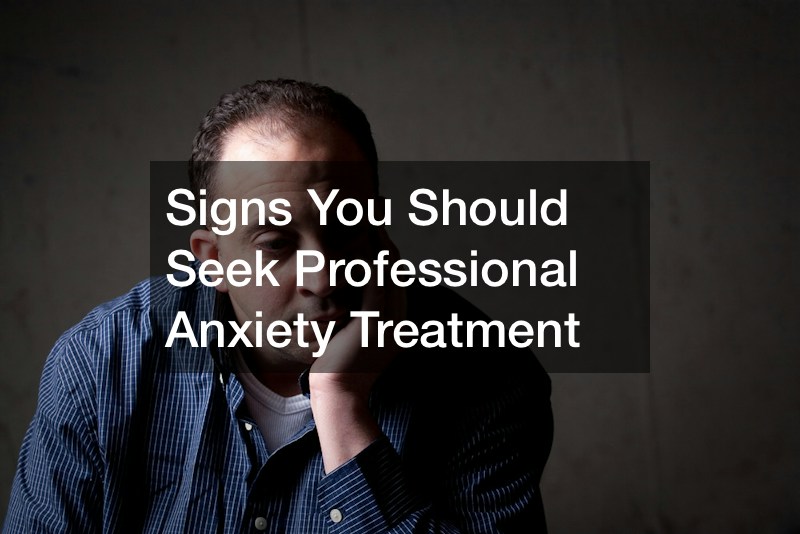

Experiencing occasional anxiety is a normal part of life, often triggered by stressful situations like exams or family responsibilities. However, it’s crucial to recognize when anxiety starts to control your life, as this may indicate an anxiety disorder. Understanding the signs that necessitate professional anxiety treatment is key to regaining control.
One clear sign is when anxiety interferes with daily activities.
If you find it challenging to concentrate, experience difficulty sleeping, or have persistent physical symptoms like headaches or stomachaches, seeking professional help is advisable. Additionally, if you notice yourself avoiding certain situations due to overwhelming anxiety, it may be time to consider anxiety treatment.
Genetics and environmental factors play a role in the development of anxiety disorders. If you have a family history of anxiety disorders or find that life experiences amplify your anxiety, discussing these factors with a healthcare professional is essential.
Two common anxiety disorders are Generalized Anxiety Disorder and Social Anxiety Disorder. Generalized Anxiety Disorder involves excessive worrying about various aspects of life, while social anxiety revolves around a fear of judgment in social situations. Recognizing these specific patterns of anxiety can guide you toward targeted anxiety treatment.
Effective treatments include cognitive-behavioral therapy and medications like selective serotonin reuptake inhibitors (SSRIs). Making lifestyle changes such as improving sleep, incorporating regular exercise, maintaining a healthy diet, and building a supportive social network are also integral parts of anxiety treatment.
If you find that anxiety is hindering your quality of life, it’s crucial to take proactive steps and seek professional anxiety treatment. With the right support, individuals can learn to manage anxiety and regain control over their daily lives.
.



